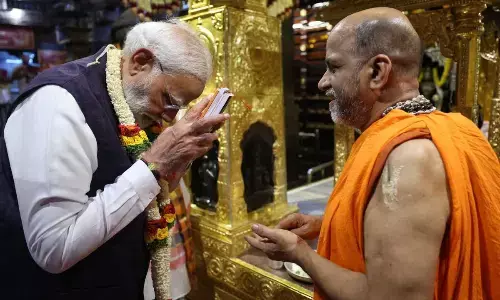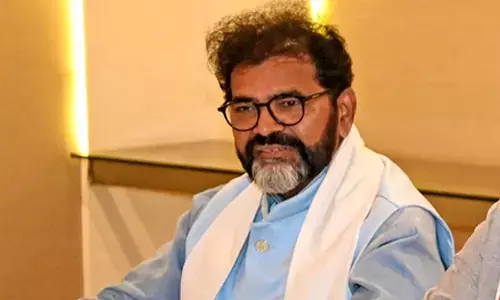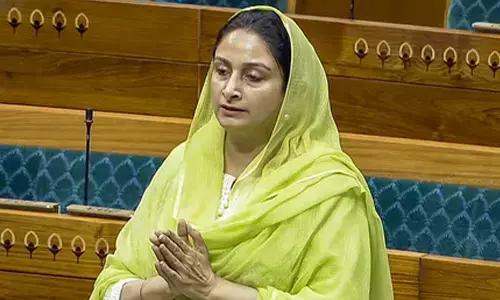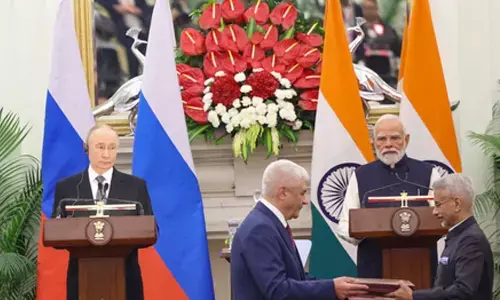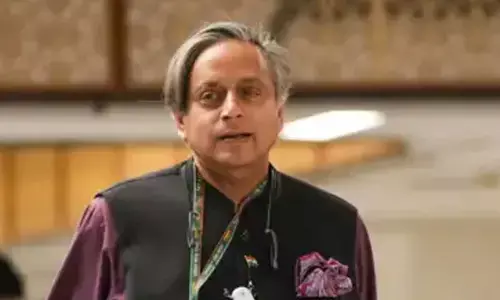Singapore to Hold General Election on May 3 Amid Economic Concerns and Rising Cost of Living
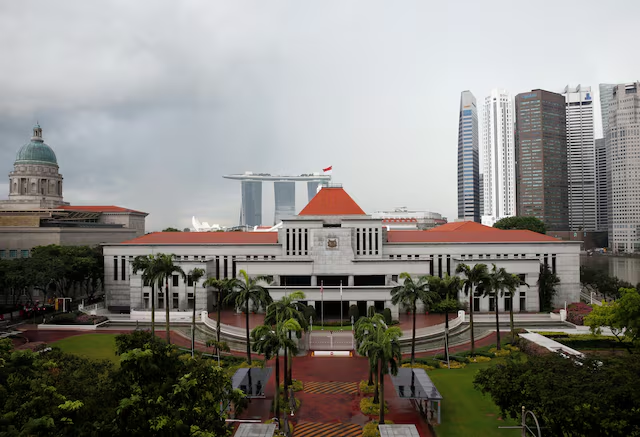
Singapore will hold a general election on May 3, 2025, amid economic uncertainty, rising living costs, and trade concerns under new PM Lawrence Wong's leadership.
Singapore has announced that it will hold its national election on May 3, 2025, as the nation grapples with economic uncertainty, rising living costs, and trade concerns. The election comes at a time of heightened tension surrounding potential U.S. tariffs that could further strain the city-state's trade-dependent economy.
This will be the first general election under Prime Minister Lawrence Wong, who took over the leadership of the People's Action Party (PAP) in May 2024, succeeding long-time leader Lee Hsien Loong. Wong, who assumed leadership during a period of global economic volatility, stressed the importance of national unity in addressing the nation’s challenges.
“We are witnessing profound changes in the world. It is becoming more uncertain, unsettled, and even unstable. The global conditions that enabled Singapore's success over the past decades may no longer hold,” Wong said in a social media statement. “That is why I have called this General Election. At this critical juncture, Singaporeans should decide on the team to lead our nation and chart our way forward together.”
Despite these challenges, the ruling People's Action Party (PAP) is still expected to dominate the 97 seats available in the upcoming election, maintaining its track record of victories since Singapore’s independence in 1965. However, all eyes will be on the PAP’s share of the popular vote, particularly after its underwhelming performance in the 2020 election.
The election takes place against a backdrop of economic gloom, with Singapore revising its 2025 growth forecast to just 0%-2% from an earlier range of 1%-3%. The looming threat of U.S. tariffs, imposed under former President Donald Trump, continues to raise concerns about the nation’s trade flows, with Wong warning that U.S. relocations could lead to significant job losses.
In recent years, the opposition has made significant gains, securing an unprecedented 10 seats in 2020. As a result, the PAP’s popular support has faced some erosion, though it remains the dominant political force in Singapore. This year’s election will see an increase of four additional seats, bringing the total number of parliamentary divisions to 15 single-member constituencies and 18 multi-member divisions.
Prime Minister Wong is expected to field at least 30 new candidates in the PAP’s largest refresh in recent history. These names will be confirmed on April 23, nomination day. In preparation for the election, Wong’s government introduced a sweeping budget in February, offering various benefits aimed at appealing to a broad segment of Singaporeans ahead of the vote.








